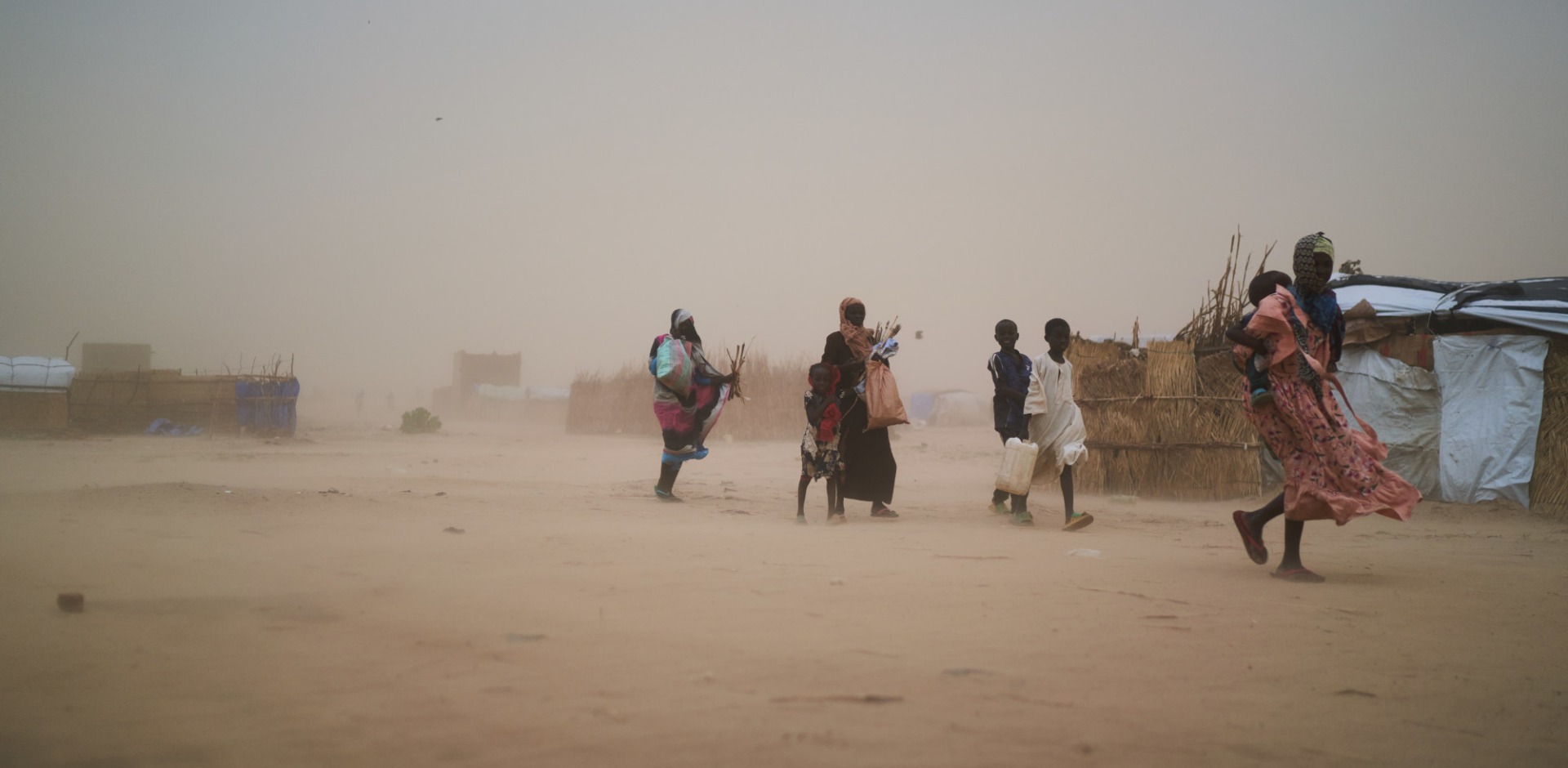
FAMINE IN SUDAN
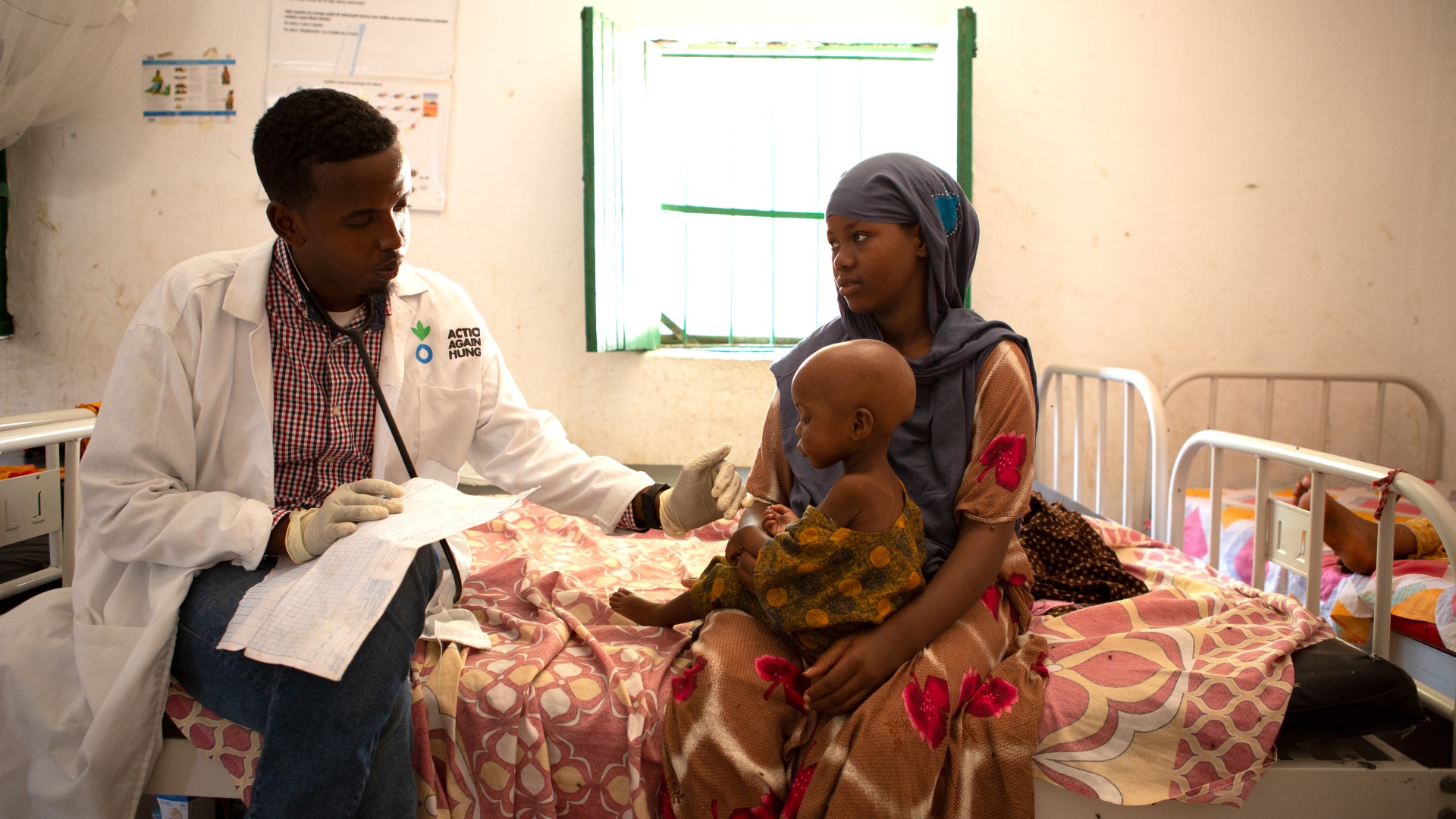
Through our research and innovation, we are developing better ways to anticipate, prevent, and treat malnutrition so that more children can lead healthy and productive lives and more communities can be free from hunger. Our approach marries science with pragmatism – providing us with the nuts and bolts required to create tangible change, even in the most difficult contexts.
Our diverse portfolio and initiatives, which are intentionally and explicitly fit-for-purpose, aim to achieve the standard of evidence necessary for action on critical issues, while abiding by fundamentally strict ‘do no harm’ principles.
To accomplish this goal, we:
Three main workstreams guide our research activities, ensuring synergy across all our sectors of intervention: prevention of undernutrition, treatment of undernutrition, and anticipating nutritional risk.
Challenges remain in understanding the best methods to prevent undernutrition, which can vary across different communities and contexts. Our research seeks to better address the underlying causes and drivers of undernutrition, ultimately working to increase resilience and optimize decision-making.
Fewer than one in four acutely malnourished children currently have access to lifesaving treatment. We generate evidence to identify innovative ways to detect acute malnutrition, increase availability and accessibility of quality treatment services, and improve health and nutrition information systems.
Our research seeks to identify the drivers of undernutrition and predict increases in nutritional risk – ultimately ensuring that decision-makers have timely, evidence-based information on acute malnutrition that allows them to act ahead of a crisis, rather than during or after its peak.
Examples of our research projects include:
Other projects include: the SAM Photo Diagnosis App®, the C-Project, the Modelling an Alternative Nutrition Protocol Generalizable to Outpatient Care (MANGO) study, the Effectiveness, Cost-Effectiveness and Coverage of Severe Acute Malnutrition Treatment Delivered by Community Health Workers in Mali and Senegal study, and the Cluster Randomized Controlled Trial for the Effect of Combining Household Water Treatment and Hygiene Promotion with Standard Outpatient Treatment of Severe Acute Malnutrition on Recovery Rates (TISA).
Our proven solutions save the lives of malnourished children and their families.
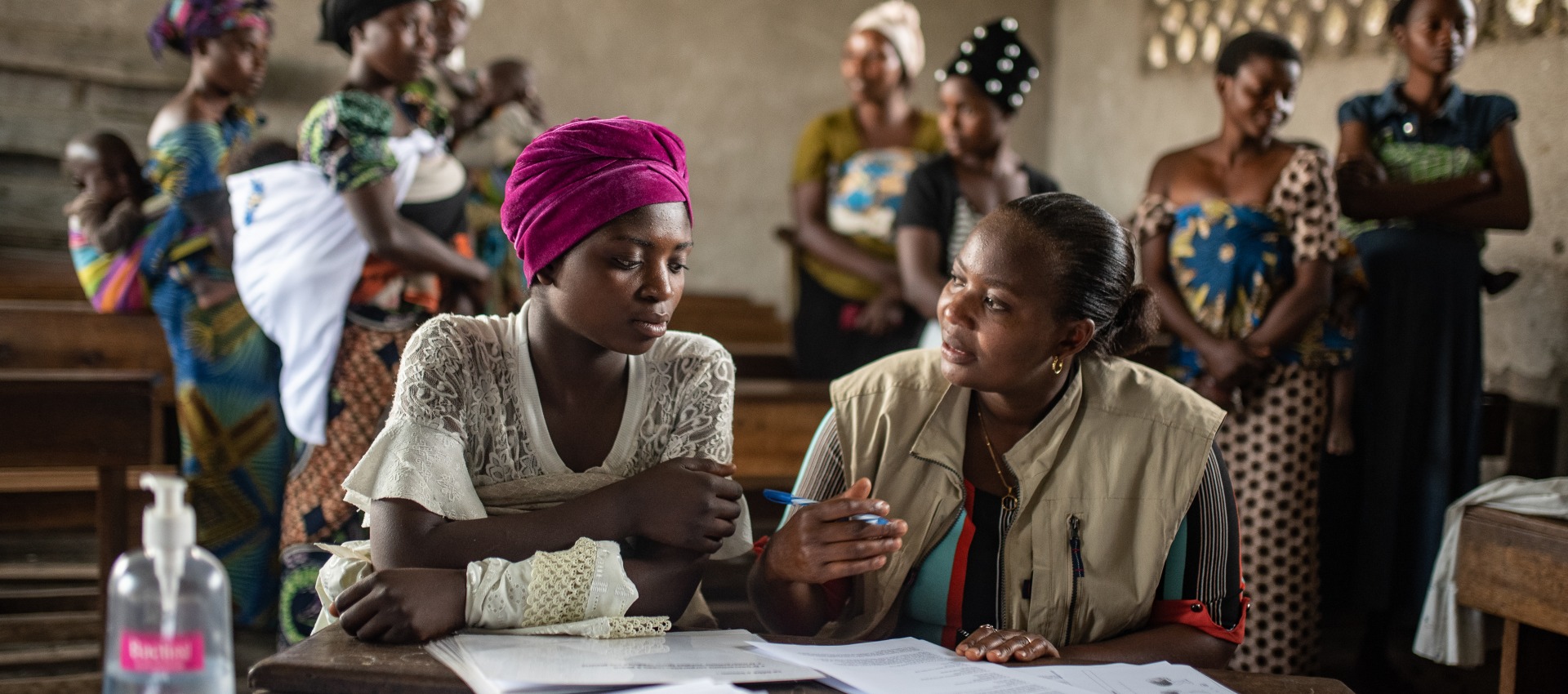
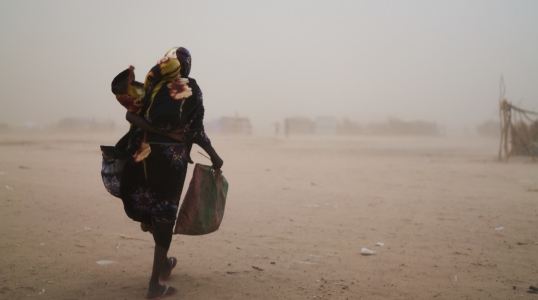

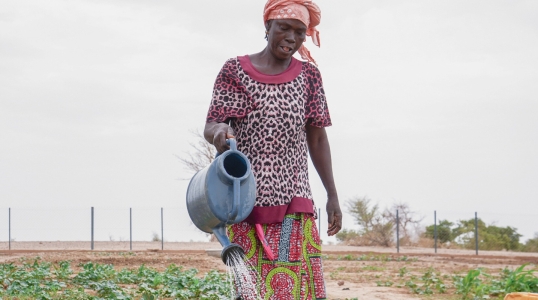
Join our community of supporters passionate about ending world hunger.